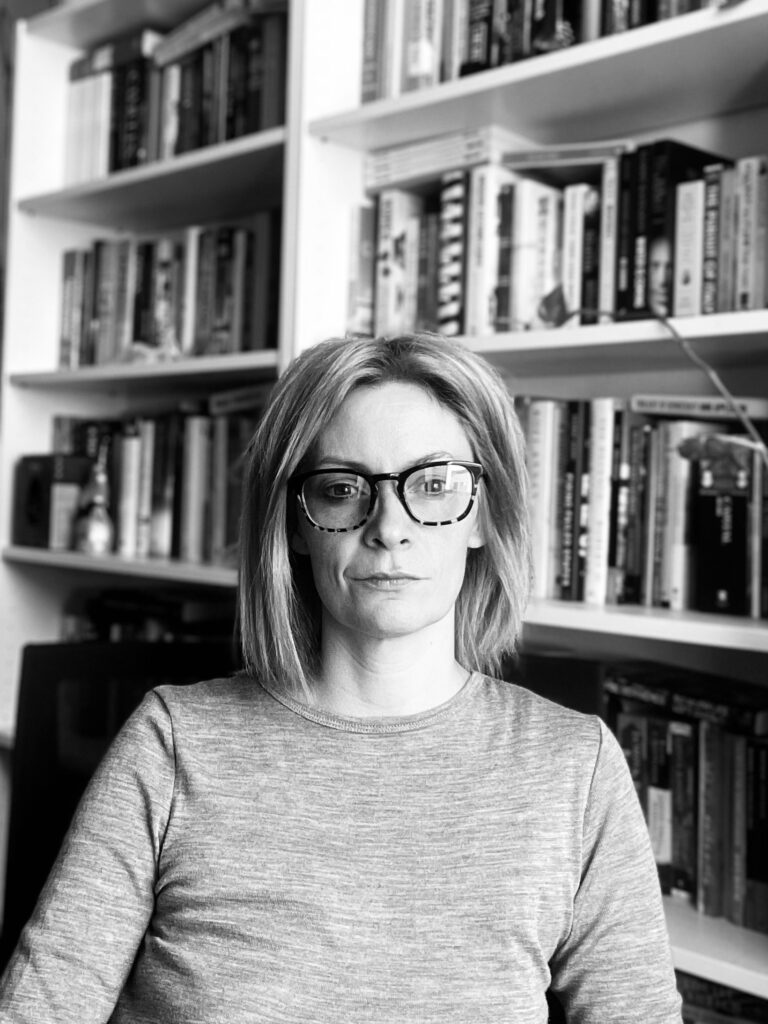There are many reasons why an individual might decide to see a psychotherapist. There are no ‘right’ or ‘wrong’ reasons; psychotherapy is an invitation to speak— not only about what worries and troubles us, but also about the things that matter.
Casey Anderson takes a psychoanalytic approach to psychotherapy. This involves careful listening to understand the individuals inner life, particularly in the form of unconscious ideas and feelings. This way of working can be particularly helpful to work through unresolved feelings and to locate the hidden cause of symptoms; bringing relief from depression, anxiety, somatic disorders, and repetitive relationship issues.
By developing awareness and a compassionate view of oneself through Casey’s thoughtful and non-judgemental presence, individuals can make lasting positive changes to the way they feel in themselves and relate to others.
Through her work in a range of diverse settings with children, adolescents, adults and couples, Casey’s experience has given her a deep understanding of what it means to be human, and formed her view that we are unique and complex beings with a desire for connection with self and others, even if this feels difficult.
Casey is a clinical member of the Australian Counselling Association (ACA). She holds a BA Social Science, Major in Counselling and Psychotherapy, and a Graduate Diploma of Psychotherapy. Casey abides by the ACA code of ethics.

Understanding Psychoanalysis & Psychotherapy
WHAT IS PSYCHOANALYSIS?
Psychoanalysis is a treatment originally conceptualised by Viennese physician and neurologist Sigmund Freud. It is based on the theory that one’s present experience is shaped by past relationships and experiences. It is an in-depth, long-term process, typically with sessions more than once per week. Psychoanalysts are trained over many years, undergoing personal psychoanalytic treatment, theoretical coursework and supervised practice. [Read more]
WHAT IS PSYCHOTHERAPY?
Psychotherapy draws on philosophical and theoretical frameworks to inform an understanding on what it means to be human. There are many different approaches to psychotherapy such as person-centered, systemic, psychodynamic, existential and play therapy. Most though not all university psychotherapy trainings involve a period of personal psychotherapy to ensure the psychotherapist has an appropriate level of self-awareness to effectively and ethically work with another.
WHAT IS IT FOR?
There is psychoanalysis because there is suffering. There is mental and physical agony for which no biological cause can be found. We suffer because we find it difficult to live with ourselves and/or we find it difficult to live with others. Psychoanalytic therapy is a response to this suffering.
With this in mind, the decision to speak to a psychoanalytic therapist about what worries and troubles us does not necessarily need to be the result of agony or crisis. It can also be determined by a wish to know oneself; to understand one’s desires and values, to free oneself from problematic patterns of behaviour, to learn to better tolerate conflict and find new means of self-awareness.
Instead of ready-made answers or advice, psychoanalytic therapy offers a safe space to speak and be heard without judgment. By developing awareness and a compassionate view of oneself through the therapists thoughtful and non-judgemental presence, individuals can make lasting positive changes to the way they perceive themselves and relate to others.
WHERE DO I START?
A first meeting can be arranged by telephone or email. During the first session, we will discuss your situation and the possibilities of working together, as well as any questions you might have.
WHAT DOES IT COST?
Individual sessions are $140.00
Sessions are 50 minutes and normally take place on the same day and at the same time each week. I kindly request 24 hours notice of cancellation otherwise the full session fee will be charged. If I can reschedule within the same week I will do my utmost.
FOR HOW LONG?
Time is an important factor in psychoanalytic therapy. As it encourages change through engaging with the unconscious mind, analysis does not offer any quick fixes. What it can offer is depth of change and recovery that other, short term treatments often cannot. Typically, people will see an analytic therapist for a number of years, though the exact length of therapy will of course depend on the individuals specific circumstance.
Get in touch

Casey’s consulting room is located in the inner Melbourne suburb of Carlton:
201 Cardigan Street
Carlton VIC 3053
To arrange an appointment or for further information, you can contact Casey by phone, email or by completing the form:
0400 637 433
caseyandersonlp@gmail.com
Copyright © 2022 Casey Anderson.
